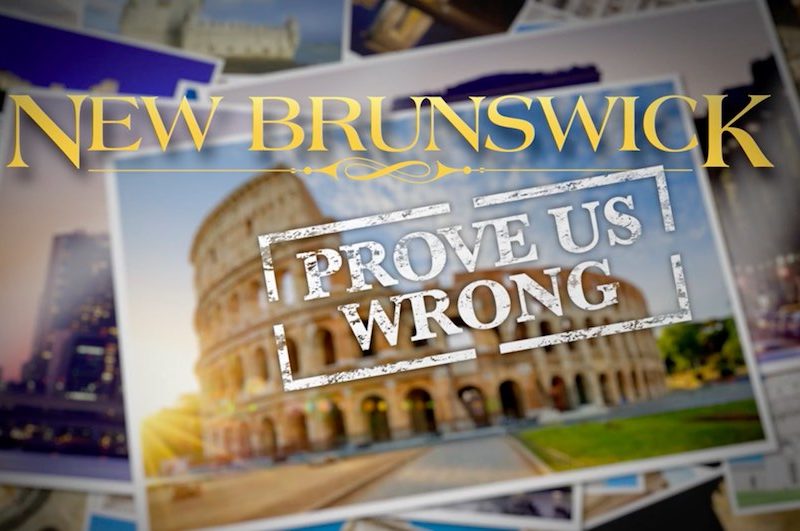


Moncton or Sydney – This is a high priority announcement to all Canadians. In a surprise that has floored the nation, New Brunswick and Nova Scotia are NOT the same place!
The confusion can be found in the fact that they were once the same place. They split in 1784, when the people of New Brunswick complained that they didn’t want to be governed by the drunks in Halifax and preferred the drunks in Fredericton. Since then, the confusion of tourists has been causing havoc to the economies of these two very different, and completely opposite provinces.
“We attended Canada’s Premier meeting, the one with all of the Premiers, and they never expect two of us. We’re two separate Premiers of two separate provinces,” lamented New Brunswick Premier Blaine Higgs. “This is a high priority. We’re two grown men. Trudeau and the rest of Canada need to know that we can’t keep sharing one chair at the table. I blame marketing… and definitely not my best friends, the Irvings.”
Nova Scotians find it hilarious that any confusion could possibly exist.
“I have no idea why anyone would confuse our truly amazing province with our neighbour. We’ve got jobs, we’ve got six UNESCO sites and the Bay of Fundy is on our side too,” boasted Nova Scotia Premier Tim Houston. “Plus, we’ve got the only IKEA in the maritimes so it would be much easier for me to pick up an extra chair to bring to the Premier’s meeting.”
Tourist, Anne Habler, coming from PEI didn’t know where either provice was.
“Someone drew a line on a map and split them into two different places. I knew about this imaginary line and I’m still confused,” cried a a lost Habler. “What took the government so long in making this announcement! I took the Conferation bridge but even Google couldn’t tell me where it ended.”
This breaking news is expected to affect the local tourism industry in both provinces as now vacationers will know they are different before arriving. Saint John is still expected to get at least 50% of its visitors from those who mixed it up with St. John’s Newfoundland.


